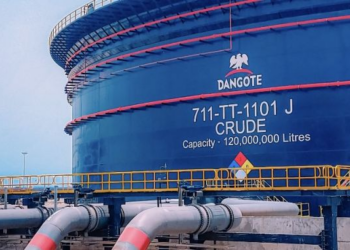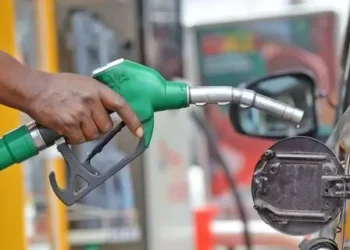The seemingly unending scarcity of Premium Motor Spirit (PMS), otherwise known as fuel/petrol continues to reinforce the need for the removal of subsidy by the regulators of the sector. This is hinged on the following facts.
- The inaccessibility to foreign exchange (FOREX) from the official CBN FOREX window
- The monopoly of supply resides with the NNPC, thereby eliminating the basics economic principles of demand and supply for free market efficiency.
- The US Dollar denomination of logistic management fees by the regulators (Port and other shipping charges), rather than the local currency, thereby increasing the pressure on the country’s foreign reserve amounts.
- The opportunity costs/benefits that would arise where amounts paid as subsidies are re-directed and invested in infrastructure development in other critical areas of the economy such as Education, Health, Security and Power through the energy efficiency project/program.
The inability to implement the proposed deregulation policy of the federal government of March 2021 and the continued flouting of the localization of the payment of logistics management fees by the regulatory bodies (NPA and NIMASA) has continued to put pressure on the landing cost of petrol to the storage facilities before been released to retail marketers for sale to the consumers.
When you consider that most marketers do not have access to CBN FOREX window and where they are forced to make payment for logistic fees to the regulatory agencies in US Dollars, which they have to source from the parallel FOREX markets to trans load products after purchase from the sole supplier NNPC to their preferred storage facilities for retail, increases the already high landing cost of petrol.
For example, the table below shows the additional costs that are attributable to logistics management for transshipment of products to storage for retail.
This by no means increase the cost per liter of petrol by NGN12.86. This is based on the standard conversion table where 20,000MT equates to about 24.8 million liters of petrol. With strict adherence to the 2021 federal government policy that all regulatory agency fees be denominated in Naira, at the official CBN FOREX rate by all regulatory agencies concerned, we would immediately a NGN12.86 reduction in the ex-depot price of petrol as well as a reduction in under-recovery claims by marketers of about NGN318.88 million.
In order to address these gaps and inefficiencies within the sector to avert the persistent scarcity of petrol across the country and create a level playing field for complete deregulation which will take effect from the second half of 2023, when the subsidy regime will expectedly come to an end, there is the need for all parties concerned to collaborate in all areas by ensuring the following
- Work with the CBN to get the needed access to FOREX in the official market to remove the inefficiencies and drop the cost per liter by about NGN12.86.
- All parties to agree on how the potential savings could be applied through an infrastructure funding pool to be applied to infrastructure development in the oil & gas downstream and maritime sector
- With full deregulation, the federal government should allow marketers access to the official CBN FOREX window, which would also ensure that marketers with external foreign exchange earning will participate in the official market to fund their local transactions, which would help stem the continued depreciation of the NGN to the USD.
In conclusion, when you consider the fact that about one third of the country’s expenditure as provided in the 2023 deficit budget would be committed to the payment subsidies for the inefficiencies brought about by the monopoly of supply, which has created the running of an imperfect market system in the downstream oil & gas sector of the economy, against the backdrop of basic economic principles of demand and supply, the onus for me falls on NPA, NIMASA and Marketers to brace up to the reality that only collaborations and partnerships by all parties will truly oil the inefficiencies of the imperfections of the downstream sector to one that creates opportunities for large scale investments in infrastructure and human capital.
















